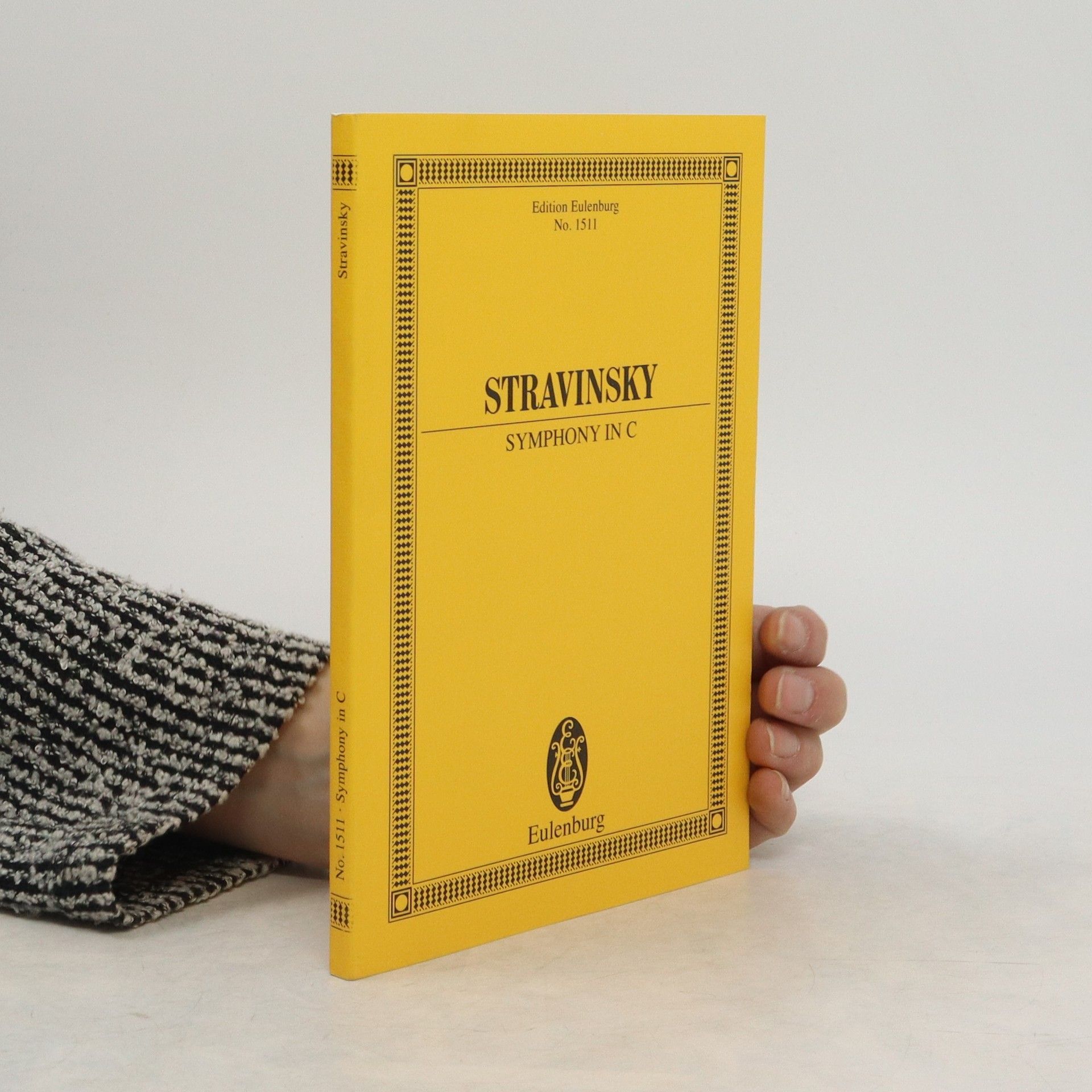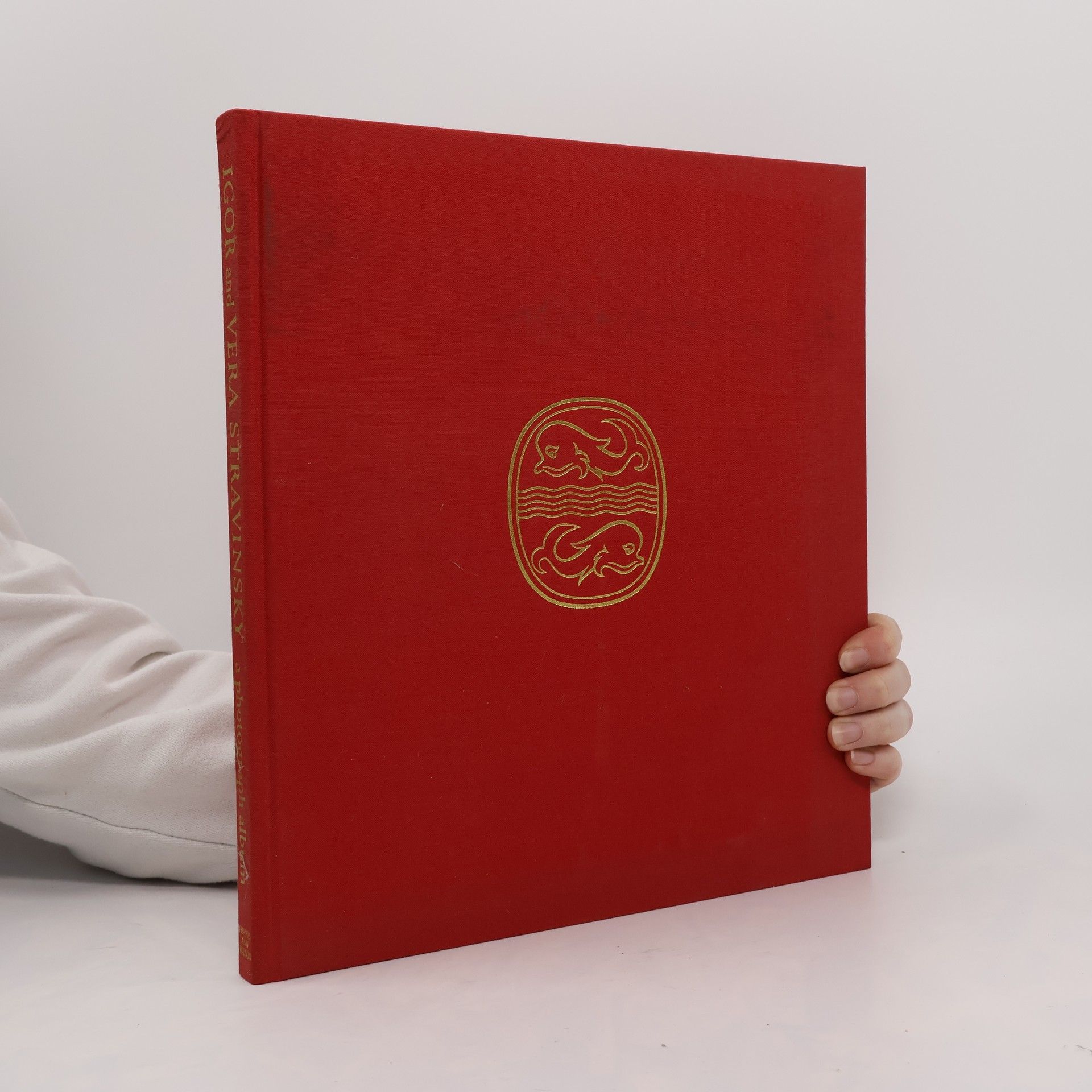Igor Stravinsky Livres
Igor Stravinsky s'impose comme un titan de la musique du XXe siècle, largement reconnu comme l'un des compositeurs les plus significatifs et influents. Son œuvre possédait un esprit intrinsèquement cosmopolite qui a résonné à l'échelle mondiale. Au-delà de ses compositions novatrices, Stravinsky s'est également fait connaître comme un pianiste et chef d'orchestre redoutable, montant souvent sur l'estrade pour les premières de ses propres pièces. Il est intéressant de noter sa déclaration selon laquelle la musique, par sa nature même, est impuissante à exprimer quoi que ce soit.


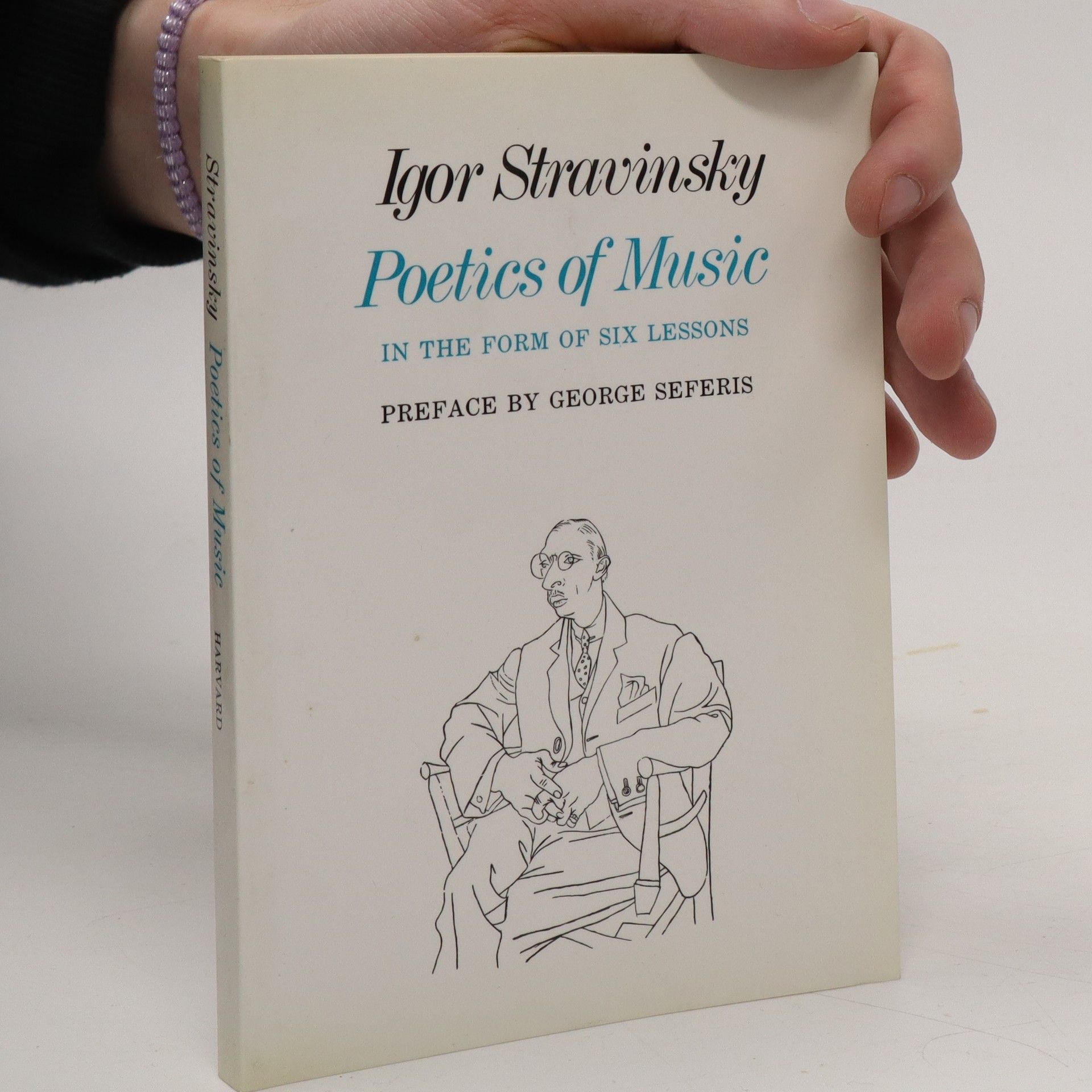
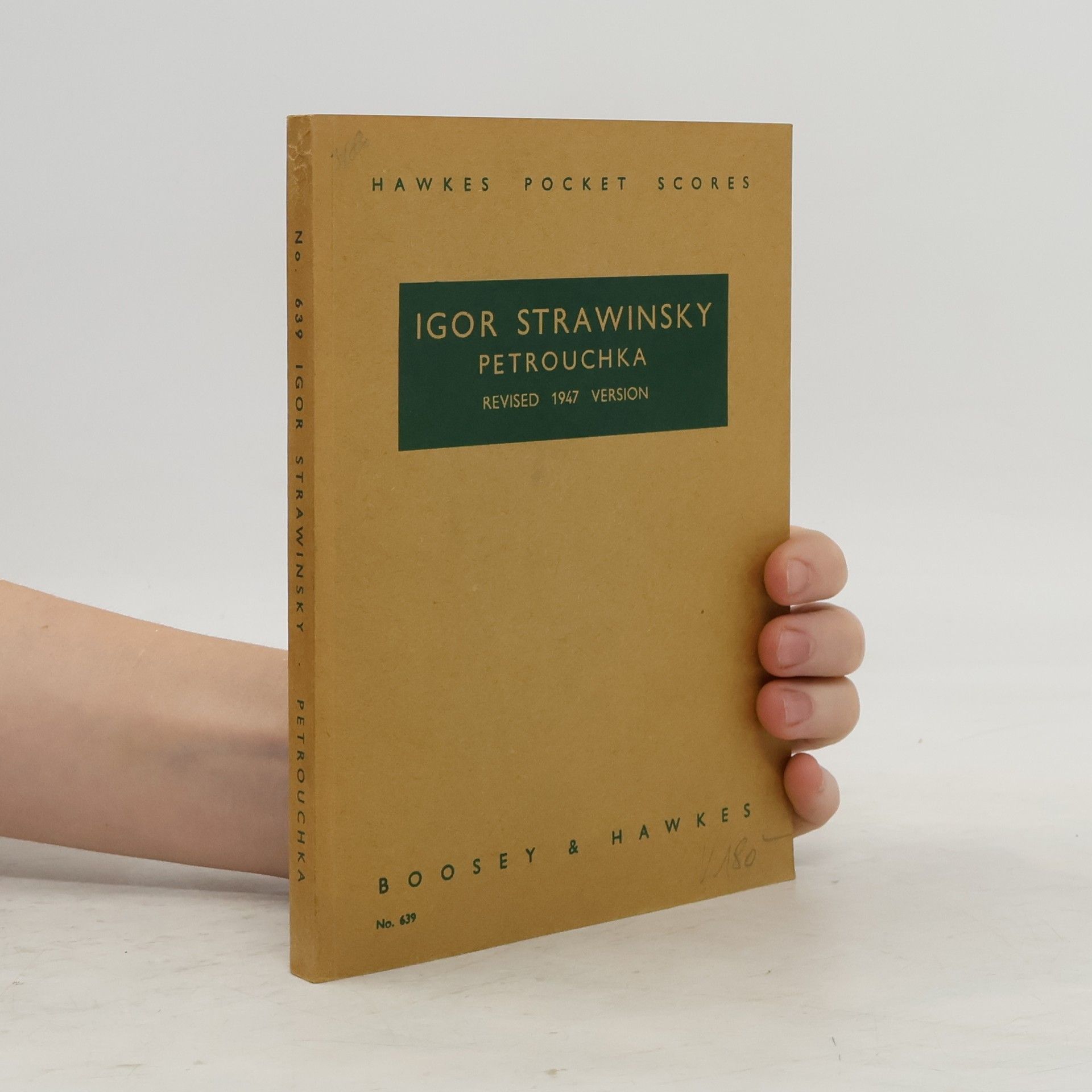

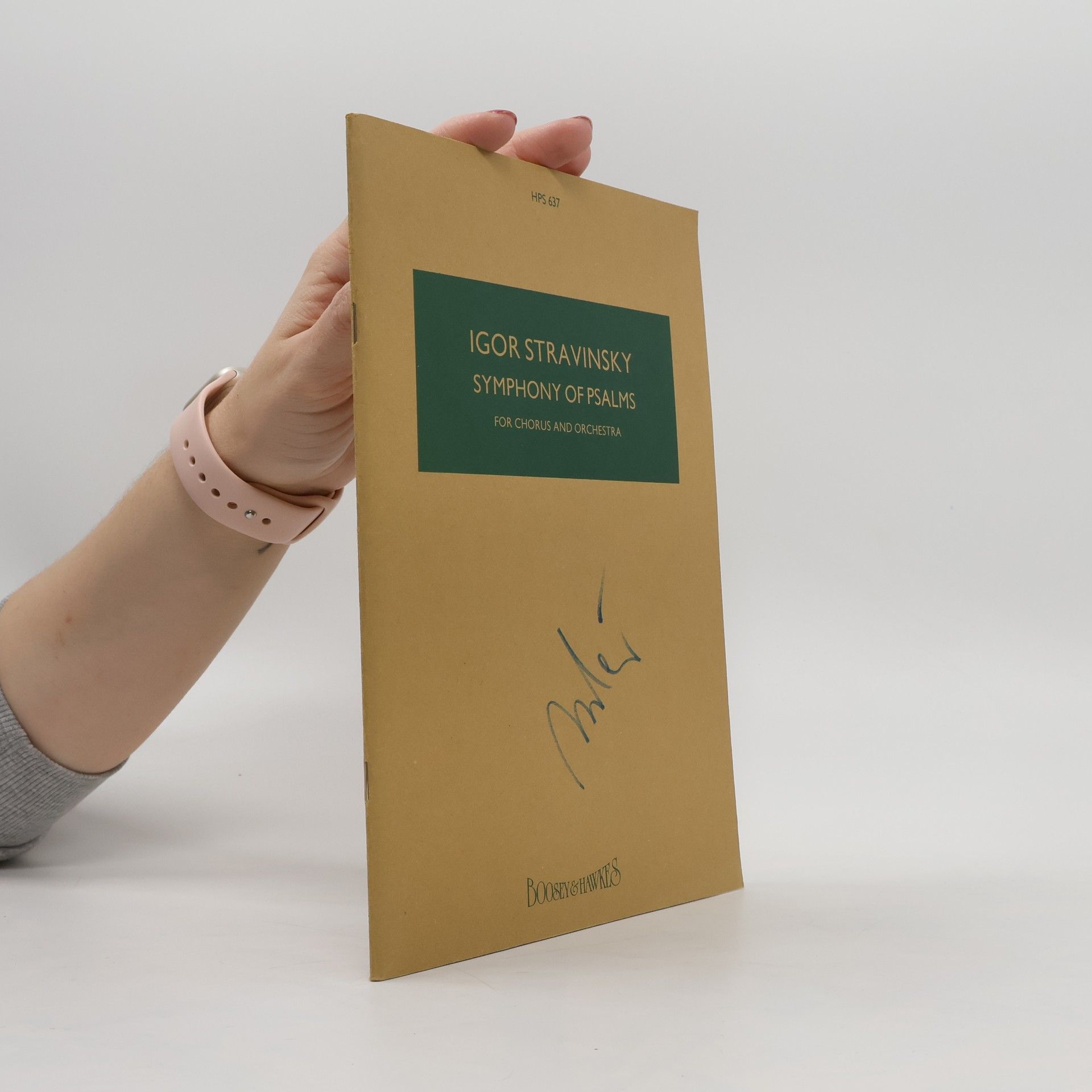
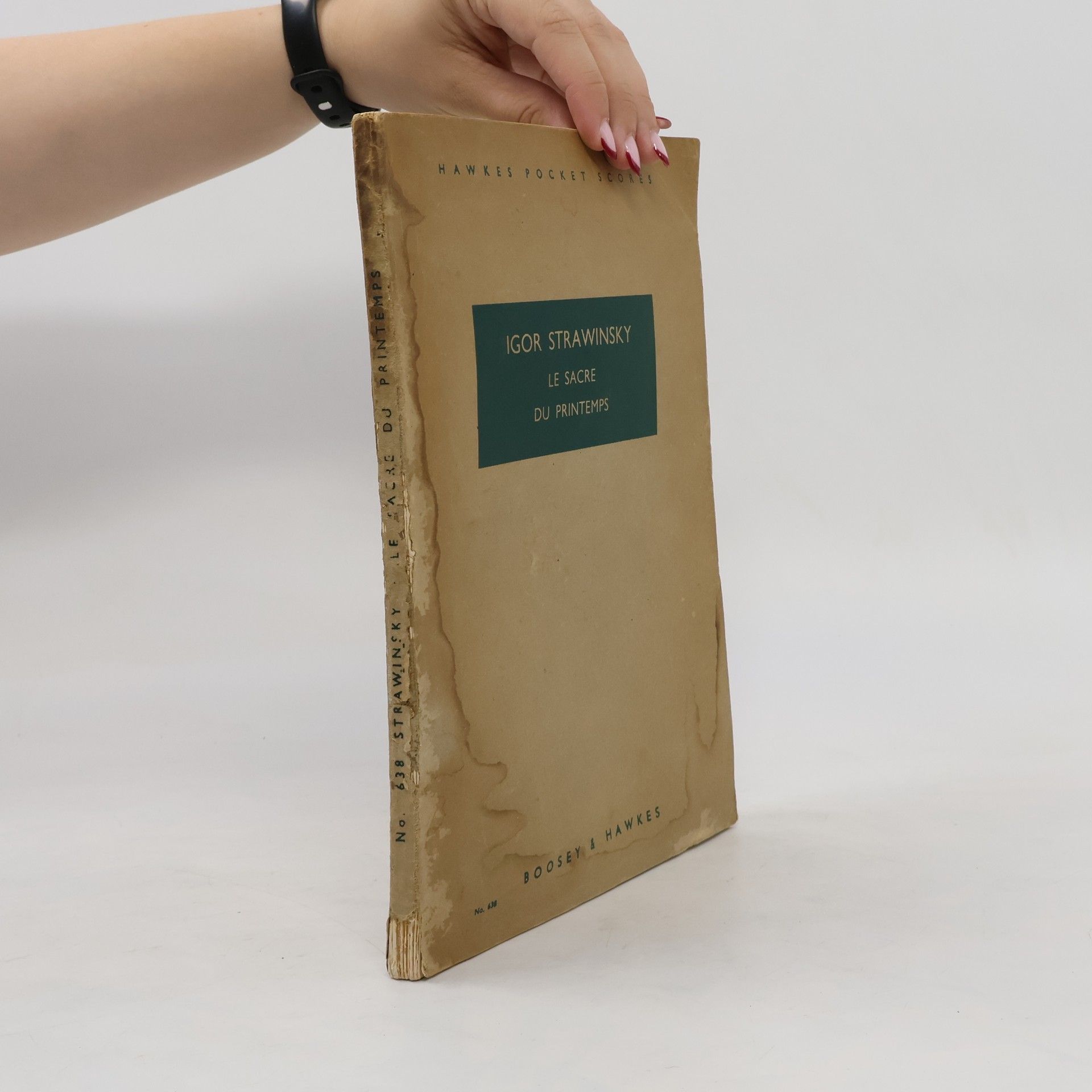
Poetics of music in the form of six lessons
- 160pages
- 6 heures de lecture
One of the greatest of contemporary composers has here set down in delightfully personal fashion his general ideas about music and some accounts of his own experience as a composer. Every concert-goer and lover of music will take keen pleasure in his notes about the essential features of music, the process of musical composition, inspiration, musical types, and musical execution. Throughout the volume are to he found trenchant comments on such subjects as Wagnerism, the operas of Verdi, musical taste, musical snobbery, the influence of political ideas on Russian music under the Soviets, musical improvisation as opposed to musical construction, the nature of melody, and the function of the critic of music. Musical people of every sort will welcome this first presentation in English of an unusually interesting book.
Igor Stravinsky, an Autobiography
- 196pages
- 7 heures de lecture
Stravinsky. Symphony in C
- 94pages
- 4 heures de lecture
The Rake's Progress
Opera in three acts. HPS 739. Soli, Chor und Orchester. Studienpartitur.
- 368pages
- 13 heures de lecture
The narrative follows the tragic and ironic journey of a wealthy heir, who descends into debt, madness, and ultimately death, inspired by a 1947 exhibition of William Hogarth's prints. The libretto by W. H. Auden and C. Kallman weaves together elements from classical pastoral, the Faust legend, fairy tales, circus, and biblical stories. Igor Stravinsky's music brilliantly integrates influences from the operatic canon, creating a unique work that transcends parody or imitation. This opera remains a significant piece of the 20th-century repertoire.
